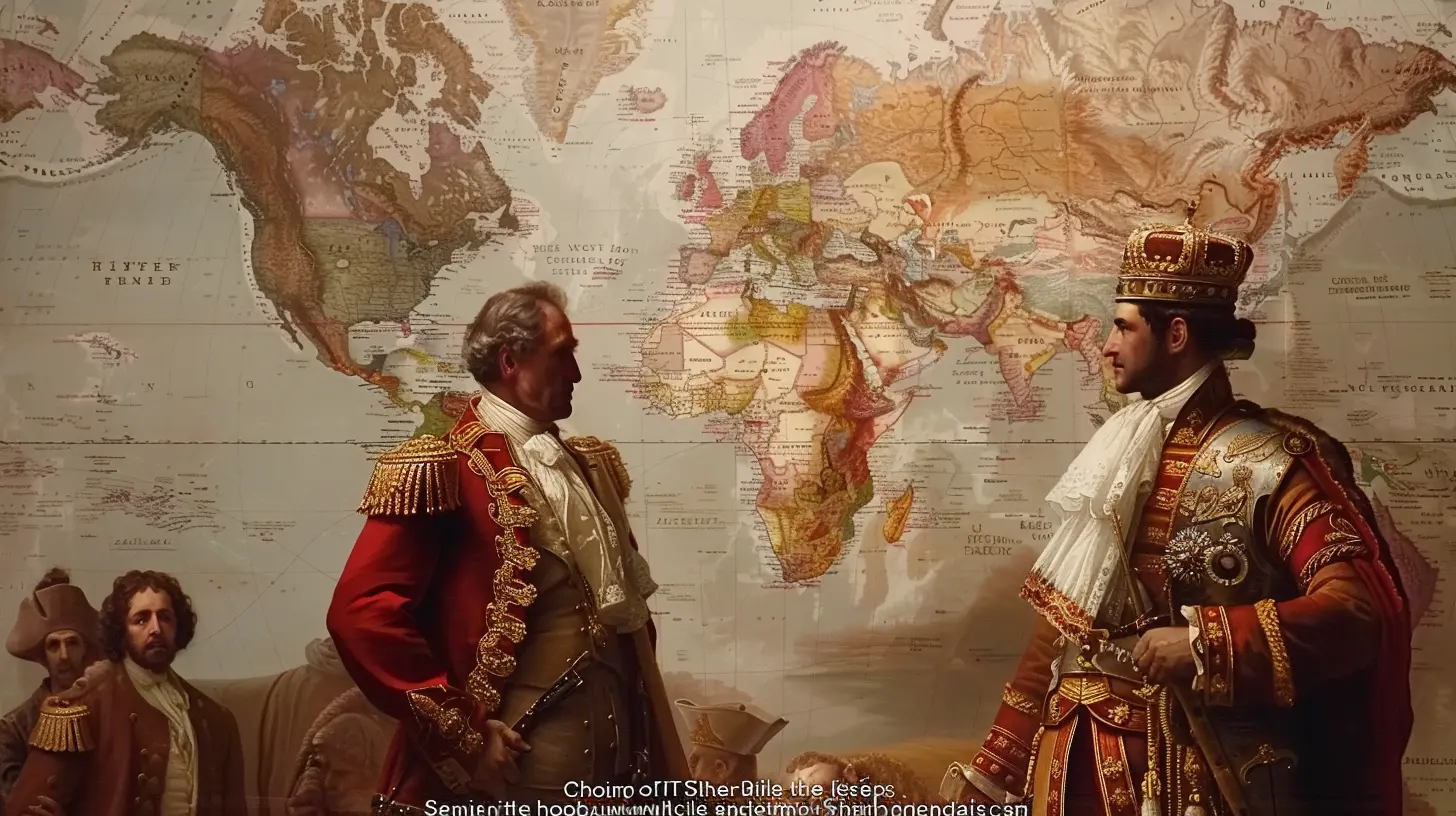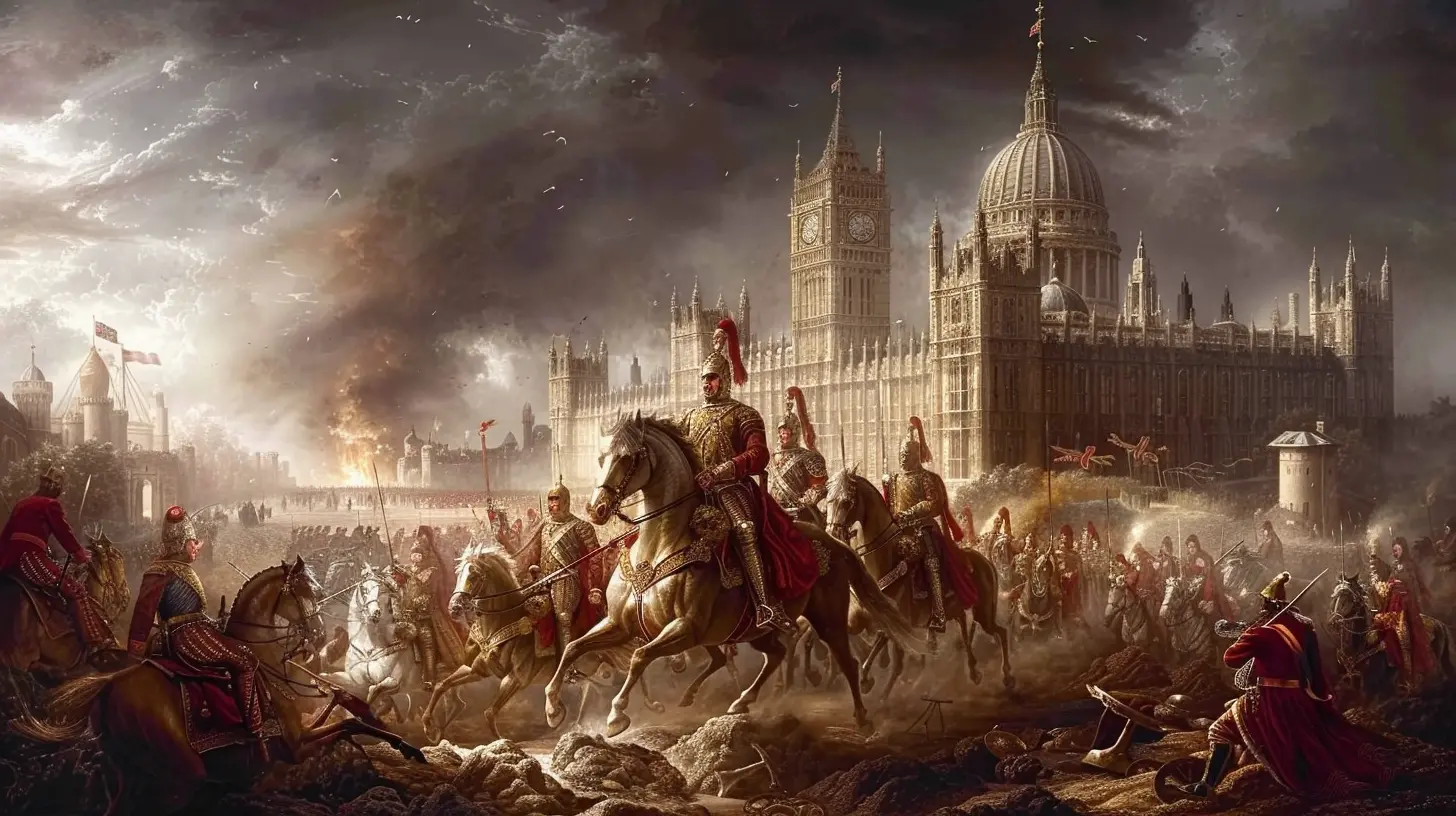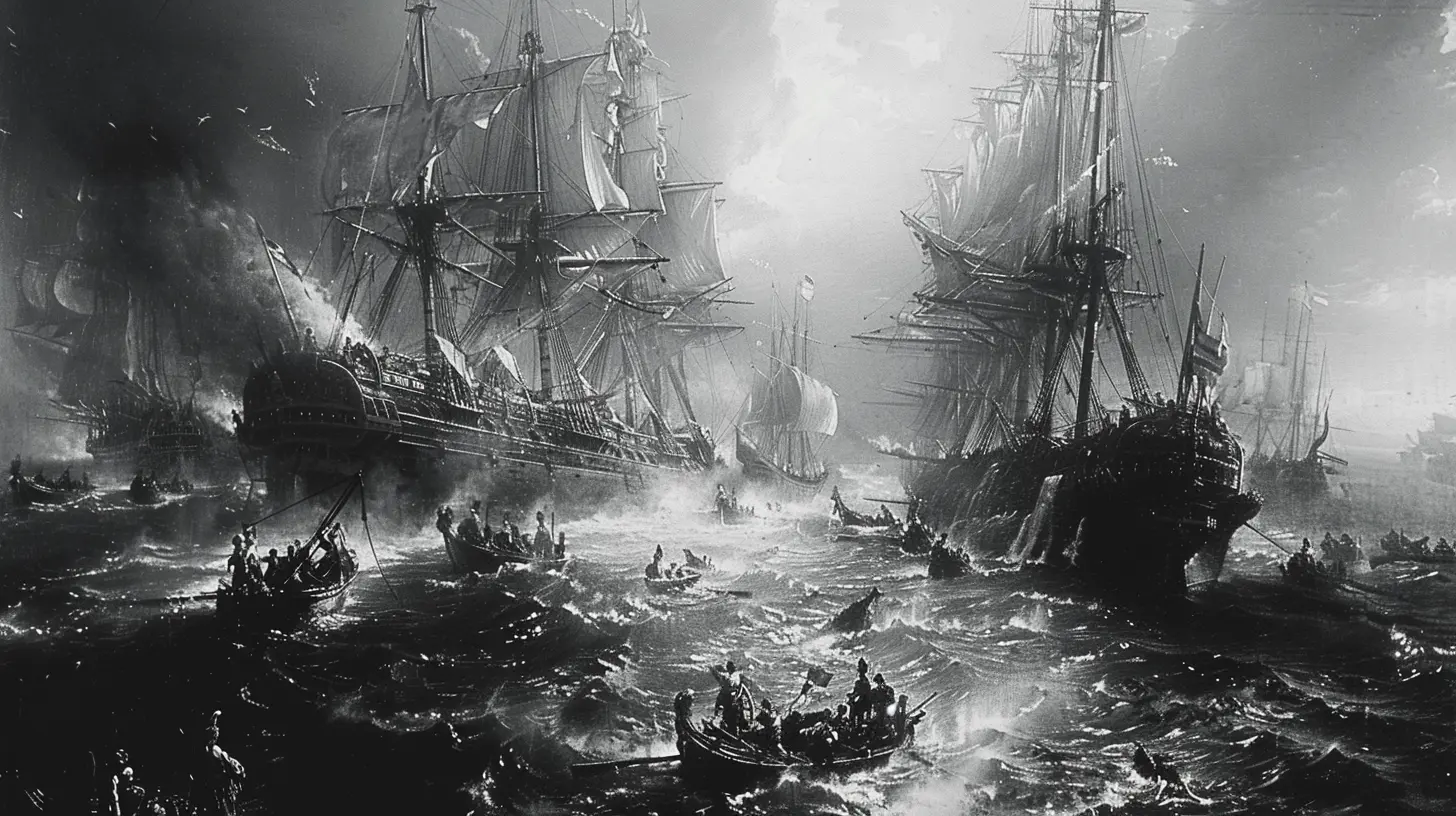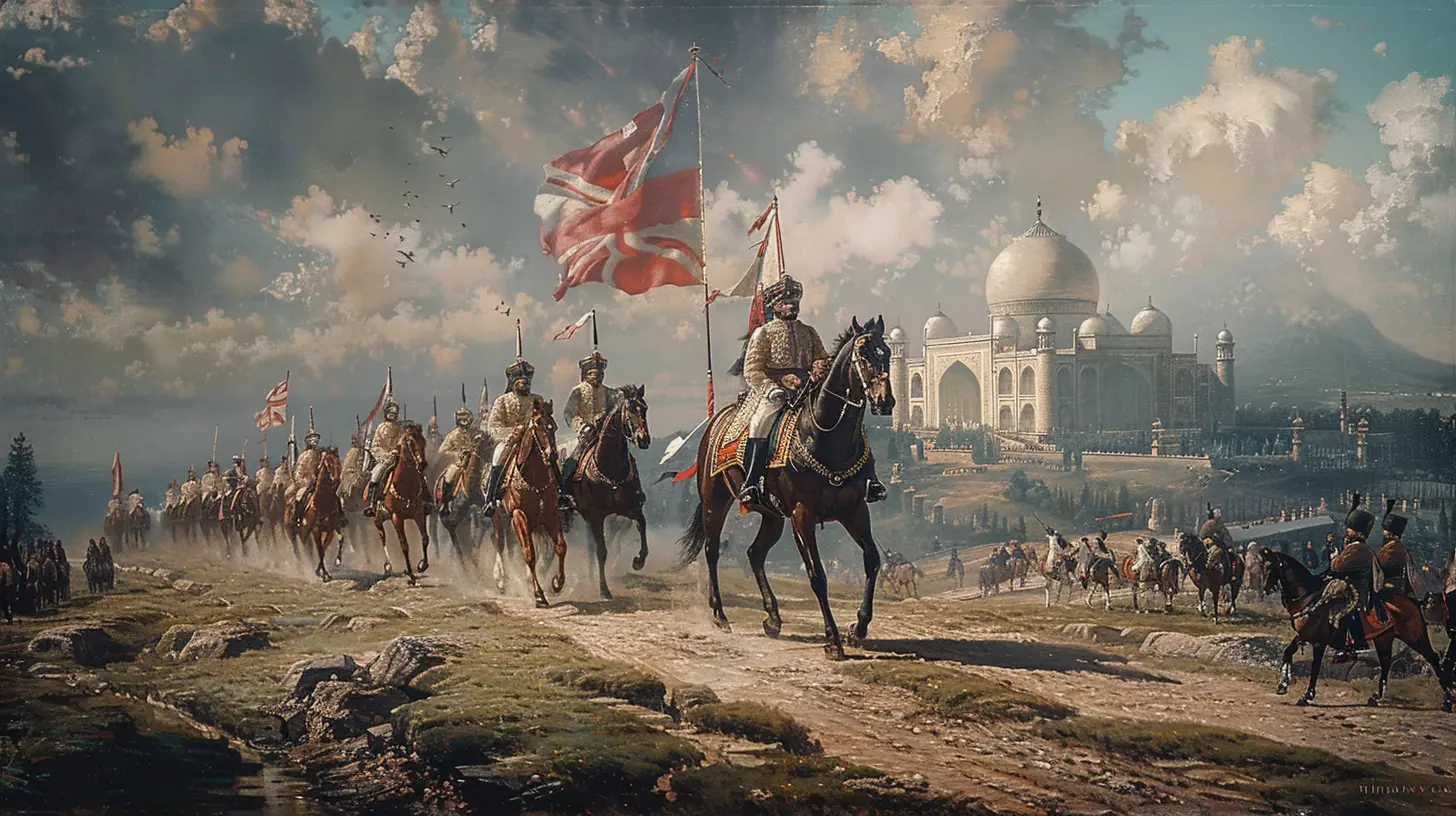The History of the British Empire: Rise and Decline
10 October 2025
You’ve probably heard about the British Empire being the largest empire in history, haven’t you? It’s one of those stories that sounds like a movie plot—it had power, glory, conflict, innovations, and eventually, an end that reshaped the world. But how exactly did it all begin? What led to its rise, and more importantly, why and how did it decline?
Let’s take a deep dive into the fascinating and complex journey of the British Empire. No sugarcoating here—we’re talking real people, real consequences, and a legacy that still lingers today.
🌍 What Even Was the British Empire?
The British Empire wasn’t just about the land—it was about power, trade, culture, and influence. At its peak, it covered almost a quarter of the world’s land and governed about a fifth of the world’s population. We’re talking countries across Africa, Asia, the Americas, and the Pacific.But it didn’t happen overnight. It took centuries of exploration, colonization, wars, negotiations, and just plain stubbornness.
🚢 The Early Days: Seeds of Empire (Late 15th - 17th Century)
Let’s rewind back to the late 1400s and early 1500s. While Spain and Portugal were racing around the world waving their flags over new territories, England was still figuring itself out. But by the 16th century, British explorers and privateers (think pirates who worked for the Queen) had begun poking around the Americas and beyond.The Age of Exploration
In the 16th century, John Cabot sailed to Newfoundland. That marked the British Empire's first serious attempt at overseas exploration. Over time, trading companies like the East India Company (founded in 1600) started spreading British commercial influence in Asia.Colonies in the Americas
In 1607, the British set up their first permanent colony in Jamestown, Virginia. It was the beginning of a greater push across North America. And by the 17th century, the British had established several colonies in the Caribbean and along the east coast of what we now call the United States.They weren’t alone—France, Spain, and the Dutch were doing similar things. But Britain had a knack for persistence.
💣 The 18th Century: Expansion, War, and Global Superpower Status
This is when things really started to heat up.The Seven Years’ War (1756–1763)
You could say this war made Britain a global heavyweight. The victory over France meant Britain gained territories in North America, the Caribbean, and India. Suddenly, it wasn’t just about colonies—it was about control of global resources and trade routes.India: The Crown Jewel
India was massive for the British. Through the East India Company, they slowly increased control—first economically, then politically. By the late 1700s, the company pretty much ruled large parts of India, and after a brutal uprising in 1857, India came directly under the British Crown.The Atlantic Slave Trade
Sadly, the empire’s growth was also built on the back of extraordinary human suffering. The British played a central role in the transatlantic slave trade, transporting millions of Africans to the Americas to work on plantations. It’s a dark chapter that we can’t—and shouldn’t—ignore.
📈 The 19th Century: The Peak of Empire
By the 1800s, Britain wasn’t just big—it was the biggest. And with the Industrial Revolution in full swing, British factories were producing goods faster than ever. These goods needed markets, and the empire became both supplier and consumer.Pax Britannica (1815–1914)
After Napoleon was defeated at Waterloo in 1815, Britain enjoyed nearly a century of relative peace—at least on the European front. This period, often called Pax Britannica, saw British influence soar. Railways, telegraphs, and steamships connected the empire like never before.Colonizing Africa: The Scramble for Africa
The late 1800s brought a mad dash for Africa. Britain, along with other European powers, carved up the continent during the so-called "Scramble for Africa." Countries like Kenya, Nigeria, South Africa, and others became British colonies.This wasn’t about improving lives—it was about resources: gold, diamonds, rubber, and more. Local populations faced extreme violence, displacement, and exploitation.
The British Raj in India
India remained central to the empire. The British ruled it through a system of hierarchy and bureaucracy, introducing Western education and infrastructure while also stripping local industries and suppressing dissent.⚔️ The Cracks Begin to Show: 20th Century and World Wars
Now here’s where it gets rough.World War I (1914–1918)
The First World War strained the empire big time. Although many colonies supported Britain with soldiers and resources, the war exposed the fragility of imperial control. After the war, nationalist movements erupted in places like India, Ireland, and Egypt.The Interwar Years
This period saw more unrest. The Irish War of Independence led to the creation of the Irish Free State in 1922. Gandhi and the Indian independence movement gained momentum. Britons were starting to ask: can we really hold on to all this?World War II (1939–1945)
WWII was the beginning of the end for the empire. Britain came out victorious, but economically exhausted. Colonial troops once again fought for the empire, but the contradictions were glaring—how could Britain preach about fighting fascism and freedom while holding millions under colonial rule?⏳ The Fall: Decolonization and the End of Empire
The post-war period was a landslide of change.India Gains Independence (1947)
This was huge. After decades of civil disobedience, protests, and negotiations, India gained independence in 1947. But it came with a bloody partition that created Pakistan and led to massive violence.India’s independence sparked a wave of decolonization across Asia and Africa.
Africa Breaks Free
Throughout the 1950s and 60s, colonies in Africa gained independence, often through long and bitter struggles. Ghana was the first in 1957, and others followed: Kenya, Nigeria, Uganda, and Zambia, to name a few.The Windrush Generation and Post-Empire Immigration
After WWII, Britain encouraged people from its former colonies—especially the Caribbean, India, and Africa—to migrate and help rebuild. This created the multicultural Britain we see today. But it also came with racism, inequality, and complex questions about identity and belonging.🇬🇧 The Commonwealth and What's Left Today
So, is the British Empire totally gone?Not exactly.
Today, 56 countries are part of the Commonwealth—a political and cultural alliance mostly made up of former colonies. They collaborate on development, education, and even sports (hello, Commonwealth Games!).
Queen Elizabeth II was head of the Commonwealth until her death in 2022, and while the monarchy still holds symbolic connections, more countries are choosing to become republics.
🧠 So, What Do We Make of It All?
The story of the British Empire is full of contradictions. On one hand, it spread the English language, modern infrastructure, and legal systems. On the other, it enforced brutal systems of racism, slavery, and exploitation.It’s not a clean-cut story of good or evil—it’s messy, layered, and deeply human. And it’s still shaping the world we live in.
Whether you grew up in the UK or in a former colony, understanding this legacy helps make sense of modern global politics, immigration, racism, and even pop culture.
🤔 Final Thoughts
The British Empire wasn't just about red patches on a map. It was about people—the colonizers and the colonized. It was about ambition, greed, resistance, survival, and change.History isn’t just something we read in books. It lives in us, in our institutions, in our cities, in our family trees. The rise and fall of the British Empire is a reminder of how power can shape the world—and how people can reclaim it.
So, next time you hear about the British Empire, don’t just think of history class. Think of the stories, the struggles, and the truths that still need telling.
all images in this post were generated using AI tools
Category:
History LessonsAuthor:

Olivia Chapman
Discussion
rate this article
1 comments
Jett Alvarez
Power's fleeting shadows linger.
October 17, 2025 at 12:42 PM

Olivia Chapman
Indeed, the British Empire's legacy is a testament to both its influence and the inevitable ebb of power over time.


